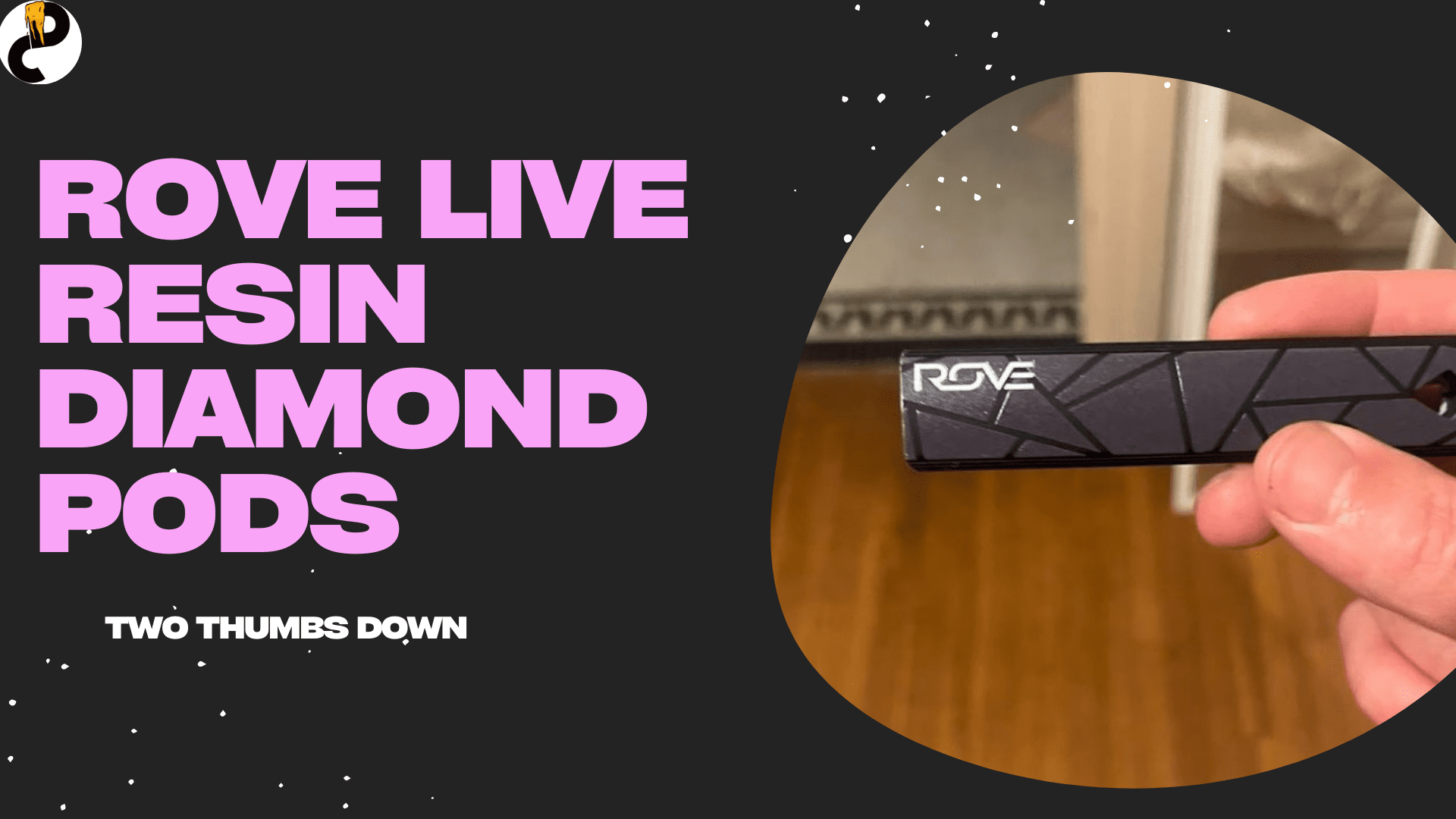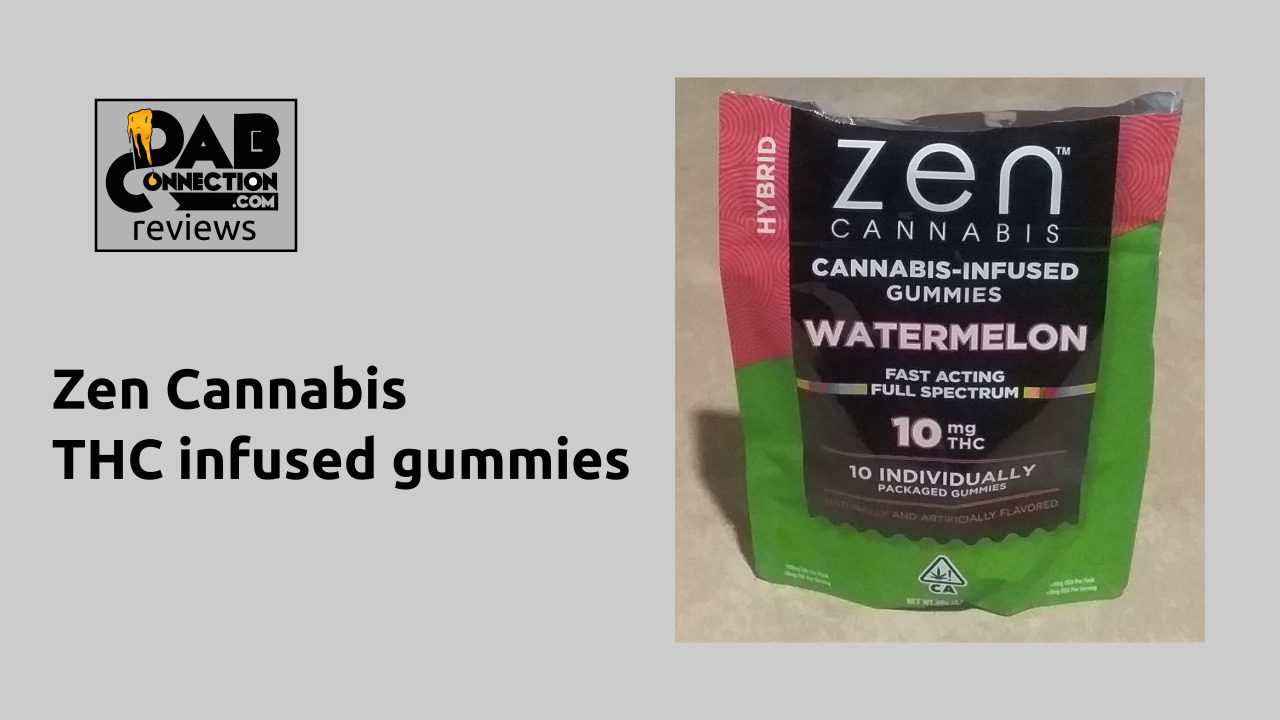Cannabis on the Ballot 2020 : More Legalized States!
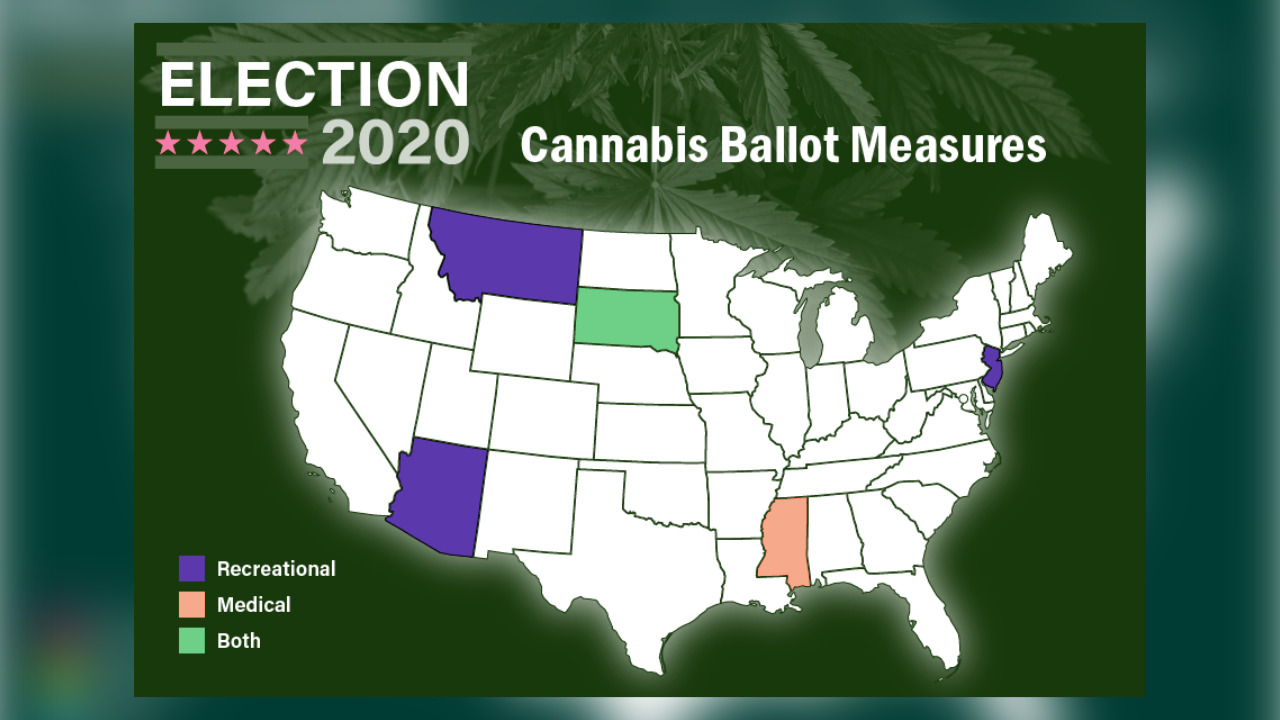
While we’re still waiting for results to finish being counted for elected officials, we can at least celebrate some good news for stoners: Cannabis enjoyed a landslide victory this election, with four states (Arizona, Montana, New Jersey, and South Dakota) legalized for recreational use, and Mississippi joining the club for medical use.
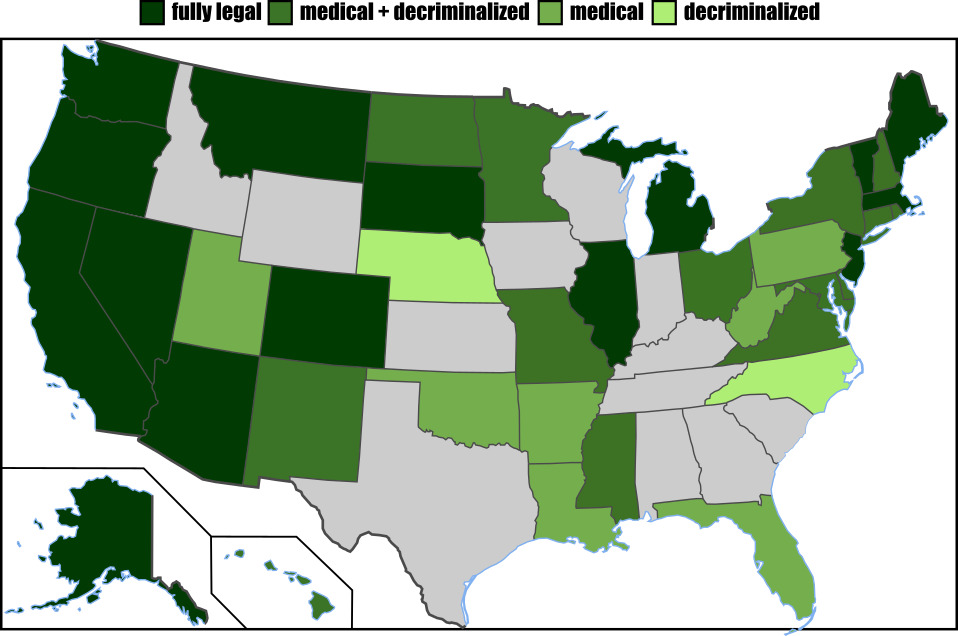
Updating the Map : The Greening of America!
For new states just joining the party, see our US State Licensing Agency Directory, which we will update presently, for information on the regulating agencies in your state which will be controlling licenses for manufacture, sale, and distribution of cannabis products. We will also include what info we can find here for now.
It will be awhile anyway before the first dispensaries open in the newly legalized states. Case in point, we recently welcomed Maine to the states hosting legal cannabis purchases from dispensaries, in October of 2020. Maine first legalized cannabis for recreational use back in 2016, but political bickering and regulation legislation dragged the process out for four years. Let’s hope other states don’t have to wait that long!
We should also note, COVID-19 is bound to put a damper on a retail dispensary system, so expect more delays from that situation.
UPDATE 2/28/21: We can tentatively add Virginia to the map! State legislators there approved recreational cannabis sales by vote and passed the bill to Virginia state governor Ralph Northam (D) to sign. Northam supports legalization, so this is expected to go through. However, there’s one caveat: It doesn’t take effect until 2024! Currently there is some discussion of amending the bill to make this happen sooner. We’re not sure what’s up with the leisurely pace – perhaps a precaution against bungled legislation that is rushed too soon, such as seems to be the case with New Jersey? Virginia has so far legalized partially for medical and has a small dispensary program running.
UPDATE 4/13/21: Add both New York and New Mexico to the recreation-legal club! Both had medical programs before.
We have a whole squad of states to orient here, so let’s dive in:

What is the next step for cannabis sales in Arizona?
Arizona Proposition 207, which passed 59%-40%, provides:
- Adults age 21+ may possess up to 1 ounce of cannabis or 5 grams of cannabis concentrate
- Individuals may cultivate up to 6 plants in-home
- Adults may share or transfer up to 1 ounce of cannabis or 5 grams of cannabis concentrate or 6 plants to other adults
- Cannabis deliveries may begin starting 3 to 5 years from now
- A system must be developed to license cannabis retail facilities
- Up to 1 retail license may be issued per 10 pharmacies
- A total of 26 licenses may be issued for retail cannabis operations
- Cannabis products must render a 5.6% transaction privilege tax (TPT) and a 16% excise tax on non-medical sales
- Previous criminal records and convictions for cannabis may be expunged
The Arizona Department of Health Services (DHS) is responsible for the regulation and licensing of retail establishments, medical marijuana dispensaries, cultivation, and testing. So far, they have no mention of new cannabis policy. Here is their preexisting medical marijuana portal. Watch the Arizona DHS director’s blog for possible updates.
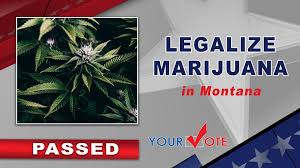
What is the next step for cannabis sales in Montana?
Montana has passed the state constitutional amendment CI-118 and the statutory measure I-190. The constitutional amendment merely allows the state to set a legal age for cannabis use. Statutory measure I-190, which passed 56%-43%, provides:
- Adults 21+ may possess up to 1 ounce of cannabis or 8 grams of cannabis concentrate
- Individuals may cultivate up to 4 plants at home
- Possession, use, and growth of cannabis in Montana becomes legal January 21st, 2021
- Must begin issuing cannabis licenses by January 1, 2022
- Cannabis and cannabis products will be taxed at 20% on top of existing state and local sales taxes
- Previous criminal records and convictions for cannabis may be expunged, the process for which must also begin by January 1, 2021
The Montana Department of Revenue is in charge of regulation and licensing for retail sales, cultivation, processing, and transport of cannabis. State laboratories are responsible for licensing cannabis testing facilities. The Montana health department’s Medical Marijuana program page was last updated in October of 2020, so they haven’t addressed the new measure yet. Watch the closest thing to a blog where breaking news may appear on retail cannabis licensing.
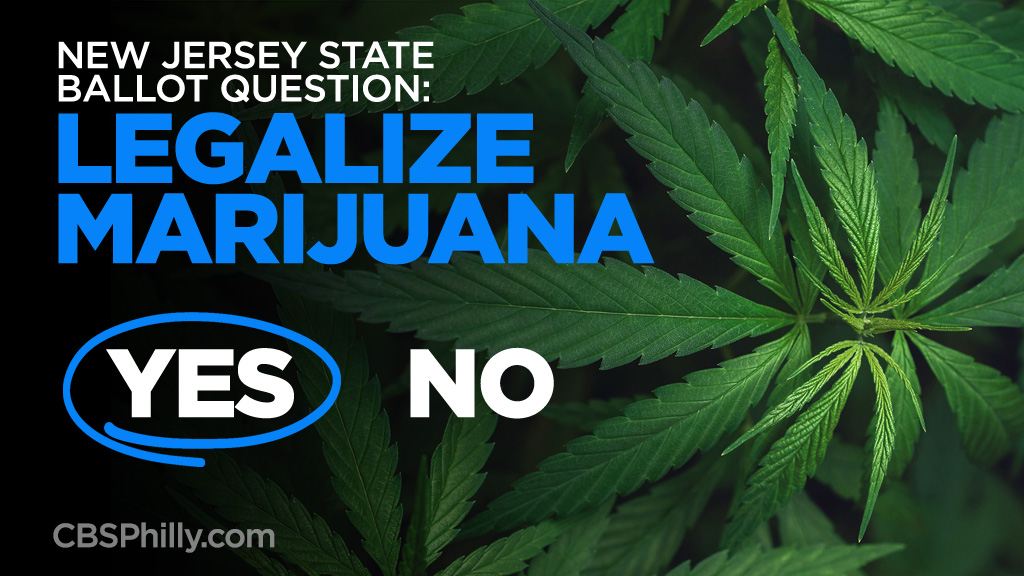
What is the next step for cannabis sales in New Jersey?
New Jersey, being the most densely populated US state, has generated the most buzz on this election’s wave of legalization. New Jersey Public Question 1 (Marijuana Legalization Amendment), passed 66%-33%, doesn’t actually do much yet. All it does is insert changes into the state constitution which shall take effect on January 1, 2021. What little it does provide:
- Adults 21+ are allowed to engage in the “growth, cultivation, processing, manufacturing, preparing, packaging, transferring, and retail purchasing and consumption of cannabis”
- Something about taxes (seriously, read section 13(2) yourself and see if you can figure it out)
Note that there is far less detail about who, what, why, and when. The actual laws for enacting a cannabis industry infrastructure might not come for months yet.
New Jersey’s Cannabis Regulatory Commission (CRC), already responsible for their medical marijuana program, will be charged with overseeing the regulation of recreational cultivation, processing, and sales. The first member of that very commission was only appointed in march of 2020, so don’t get your hopes up.
UPDATE: Not long after, it seems the actual legislation to enact this policy is getting bogged down in political hassles. New Jerseyans: “It figures.”
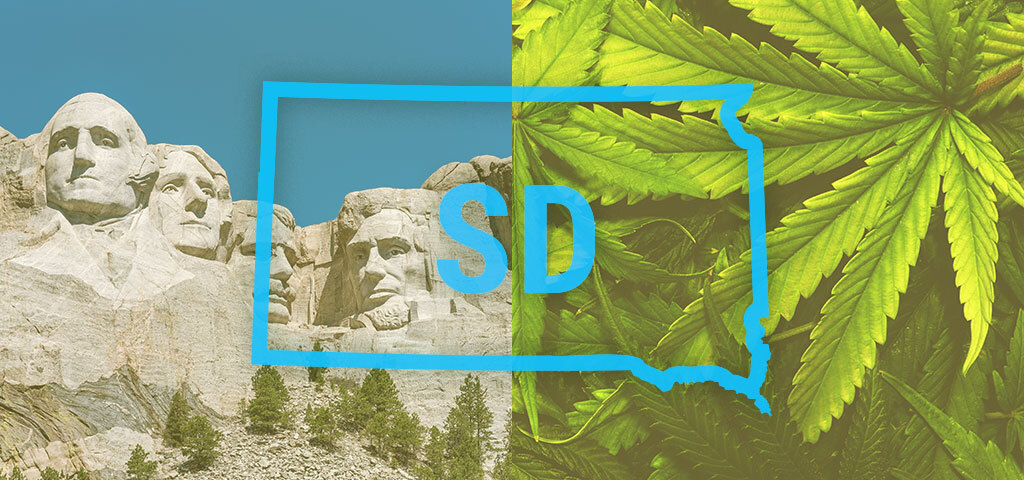
What is the next step for cannabis sales in South Dakota?
South Dakota is where the real news is. In a single day, South Dakota has flipped from having some of the harshest anti-cannabis laws in the nation to legalizing both medical and recreational in one vote! To cite the old “possession by ingestion” law:
> “Currently, South Dakota is the only remaining state in the nation that makes it a crime to possess a drug within your body. This type of possession arises merely from the fact that there are metabolites of a drug in your system. Due to the metabolites, the notion is that you possess the drugs in an altered state in your body. These metabolites are typically screened through blood, hair follicle, and urine tests. Possession by ingestion can potentially result in misdemeanor or felony charges depending on the type of drug or controlled substance alleged to be within your body.”
That’s right. You could go to jail for standing on South Dakota soil with dirty pee in your bladder.
From that to South Dakota Constitutional Amendment A, passed 53%-46%, wrote an entire cannabis legalization policy into the state constitution itself. Clawing through the constitutional language, we can glean that it provides:
- Allows local governments within South Dakota to set their own cannabis policy on government property
- Adults 21+ are legally allowed to possess, use, ingest, inhale, process, transport, deliver, and distribute up to 1 ounce of cannabis or 8 grams of cannabis concentrate
- Individuals may cultivate up to 3 plants at home
- Adults 21+ may engage in the commercial sale of cannabis accessories
- Further restrictions apply to cultivating your own in-home plants if you do so within the jurisdiction of a zone allowing the commercial sale of cannabis and that entity has laws against it
- Regulations providing for retail trade must go into effect by April 1, 2022
- All cannabis sales carry an excise tax of 15%
The South Dakota State Department of Revenue is charged with issuing cannabis business licenses for commercial cultivators and manufacturers, testing facilities, wholesalers, and retailers. Literally, if the legal operation of a retail cannabis infrastructure is not enacted by April 1, 2022, “any resident of the state may commence a mandamus action in circuit court to compel performance by the department in accordance with this article.”
South Dakota: We’re uptight even when we legalize something.
So far, since South Dakota has lacked any form of cannabis legalization, there isn’t even a medical portal to look at yet. Watch their newsroom for updates, perhaps.
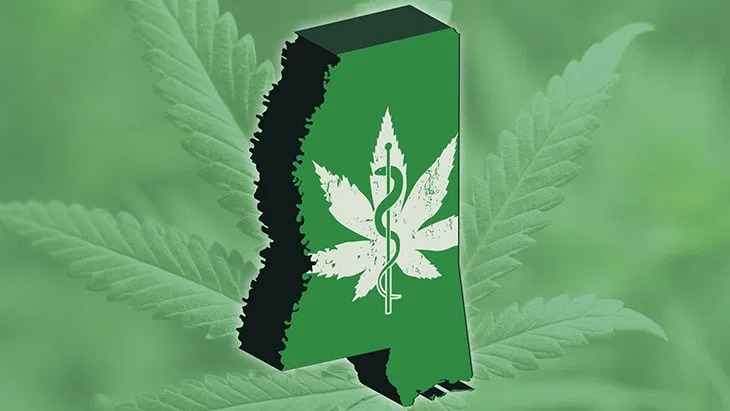
How will medical marijuana work in Mississippi?
Mississippi Ballot Measure 1 breaks down into initiatives 65 and 65A. The measure, approved by 67%-32%, allowed both halves to be approved or denied individually, with one being specific on medical conditions allowable under cannabis medical benefits, and the other left with medical conditions undefined. Since they both approved, we’ll lump them together and say that Mississippi Ballot Measure 1 provides:
- Qualifying patients with debilitating medical conditions are allowed to use medical marijuana
- Doctors are allowed to certify patients with these conditions to receive marijuana as a treatment option
The Mississippi Department of Health is charged with setting up a dispensary program by August of 2021. So far, State Health Officer Dr. Thomas Dobbs has voiced concerns over this responsibility and timetable. The qualifying medical conditions number a couple dozen and are indeed serious conditions.
Welcome to the legal cannabis club!
Join us in congratulating Arizona, Montana, New Jersey, South Dakota, and Mississippi for their progress in ending cannabis prohibition! We will be talking more about this subject presently, because cannabis legalization has become a daily news topic in one state or another.
For one thing, Oregon just decriminalized… EVERYTHING!
Readers, if you’re from a newly legalized state, feel free to ask us all your questions here in the comments or better yet, in our cozy forum.





